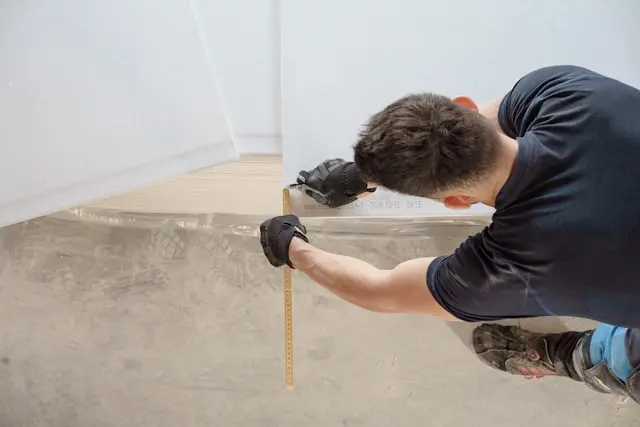In the journey toward repairing credit, patience is not just a virtue—it’s a necessity. The intricacies of the credit repair process and managing expectations are crucial for success.
The Credit Repair Process
-
Assessment and Analysis
The first step in credit repair involves assessing your current credit situation. Obtain copies of your credit reports from all three major credit bureaus—Equifax, Experian, and TransUnion—and review them carefully for any errors or inaccuracies.
-
Identifying Negative Items
Once you have your credit reports, identify any negative items that may be impacting your credit score. These could include late payments, collections accounts, charge-offs, bankruptcies, or judgments.
-
Dispute Inaccuracies
If you find any errors or inaccuracies on your credit reports, initiate the dispute process with the credit bureaus. Provide supporting documentation to substantiate your claims and follow up regularly to ensure your disputes are being addressed.
-
Negotiate with Creditors
For legitimate negative items, consider negotiating with creditors to settle debts or establish more favorable payment arrangements. This can help improve your credit score over time and demonstrate responsible financial behavior.
Why Patience Matters in Credit Repair
-
Time Frame for Results
It’s essential to understand that credit repair is not a quick fix. Improving your credit score takes time, and results may not be immediate. Patience is key as you navigate the process and wait for changes to reflect on your credit reports.
-
Resolution of Disputes
Disputing inaccuracies on your credit reports can be a lengthy process. Credit bureaus have 30 days to investigate your disputes and respond with their findings. In some cases, multiple rounds of disputes may be necessary to achieve resolution.
-
Credit Score Improvement
While some negative items may be removed from your credit reports relatively quickly, others may take longer to resolve. It’s essential to be patient and allow the credit repair process to unfold, knowing that each successful dispute can contribute to incremental improvements in your credit score.
-
Building Positive Credit History
Addressing negative items, building positive credit history also takes time. Making on-time payments, keeping credit card balances low, and avoiding new credit inquiries are all habits that contribute to a healthier credit profile, but they require patience and consistency.
Managing Expectations
-
Realistic Timeline
Set realistic expectations for the credit repair process. While some improvements may happen quickly, significant changes to your credit score can take months or even years to achieve.
-
Focus on Progress, Not Perfection
Understand that credit repair is about progress, not perfection. Aim to make incremental improvements to your credit score over time, rather than expecting immediate perfection.
-
Stay Informed
Educate yourself about your rights under the Fair Credit Reporting Act (FCRA) and the processes involved in credit repair. Knowing what to expect can help you manage your expectations and stay patient throughout the process.
-
Seek Professional Help
Consider enlisting the help of a reputable credit repair company to guide you through the process. Experienced professionals can navigate the complexities of credit repair on your behalf and help you achieve your financial goals more efficiently.
Conclusion
Patience is a fundamental aspect of credit repair. Understanding the process, managing expectations, and staying committed to your financial goals are essential for success.
While the journey toward improved credit may require time and perseverance, the rewards—such as higher credit scores, better loan terms, and increased financial opportunities—are well worth the wait.
By embracing patience and staying focused on the end goal, you can take control of your financial future and achieve lasting success.



